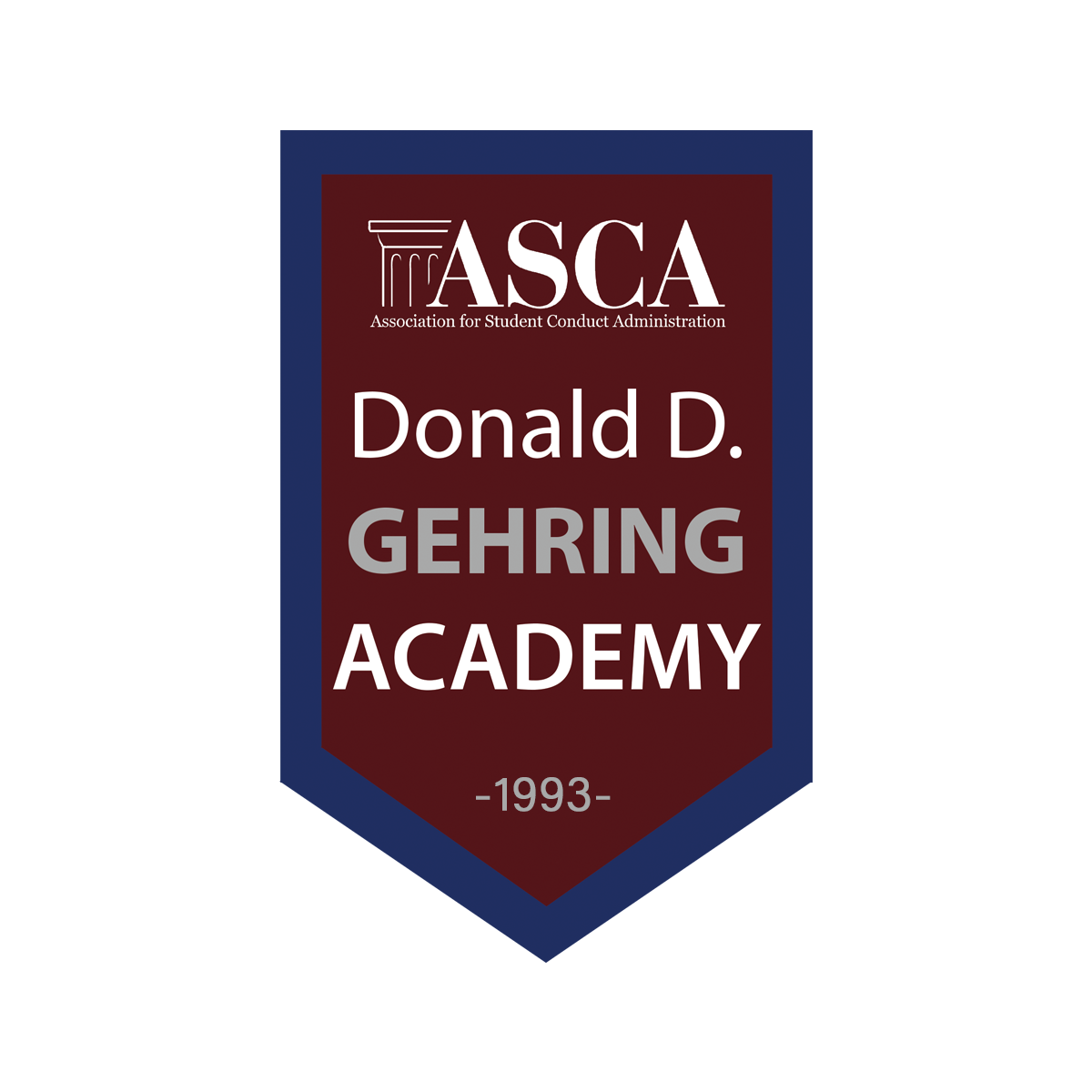The Association for Student Conduct Administration is the only national professional association dedicated solely to the practice and process of student discipline. As administrators of campus codes of conduct that form the basis for behavioral expectations in the university student community, Association members actively guide the growth and development of these communities. This guidance usually involves challenging individuals and groups to move to higher standards of ethical behavior while at the same time promoting an active learning atmosphere within the larger student body. An appreciation for the concept of diversity, and the progressive application of this concept in practice, is a key philosophical component of this guidance responsibility.
ASCA also values the diversity reflected in the institutional and individual membership of the organization. To acknowledge the importance of this Association value, all written, oral and/or
visual communications authored, produced, and/or distributed either for the benefit of Association members or on behalf of ASCA shall not contain stereotypical or biased language or imagery that seeks to define, exclude, or degrade individuals or social groups.
Communications should avoid using stereotypical imagery or language that categorizes individuals (e.g., by ethnic origin or race, gender, age, religion, sexual orientation, or ability status) unless such categorizations are essential to convey the meaning of a specific topic or idea.Communications should not contain gender-specific terms and titles such as “congressman,” “chairman,” “co-ed,” etc. in instances where gender is not relevant to the role described. Generalizations, analogies, and metaphors should also be avoided as they are often inaccurate and can be misinterpreted by persons or groups with differing cultural or social perspectives. Whenever possible, imagery used in communications should represent a balance of ideological and cultural perspectives.
Donald D. Gehring Academy Language Statement
ASCA asks that all participants in the Donald D. Gehring Academy recognize the diversity of values, opinions, preferences, and practices represented in our academy audience, which includes professionals and students from throughout the United States and the international community. Accordingly, all who are involved in the academy, whether members, presenters, attendees, volunteers, employees, or guests of the Association, are encouraged to use bias-free communication that supports both the letter and the spirit of the Inclusive Language Policy.
